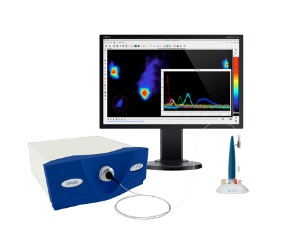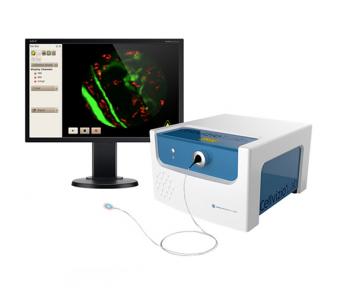The heterogeneity of pancreatic ductal adenocarcinoma (PDAC) suggests that successful treatment might rely on simultaneous targeting of multiple genes, which can be achieved by RNA interference-based therapeutic strategies. Hadas Gibori (Department of Physiology and Pharmacology, Sackler Faculty of Medicine, Tel Aviv University) and his team show here a potent combination of microRNA and siRNA delivered by an efficient nanocarrier to PDAC tumors.
Using proteomic-microRNA profiles and survival data of PDAC patients from TCGA, they found a novel signature for prolonged survival. Accordingly, they used a microRNA-mimic to increase miR-34a together with siRNA to silence PLK1 oncogene. For in vivo dual-targeting of this combination, they developed a biodegradable amphiphilic polyglutamate amine polymeric nanocarrier (APA). APA-miRNA–siRNA polyplexes systemically administered to orthotopically inoculated PDAC-bearing mice showed no toxicity and accumulated at the tumor, resulting in an enhanced antitumor effect due to inhibition of MYC oncogene, a common target of both miR-34a and PLK1. Taken together, their findings warrant this unique combined polyplex’s potential as a novel nanotherapeutic for PDAC.
Read more












